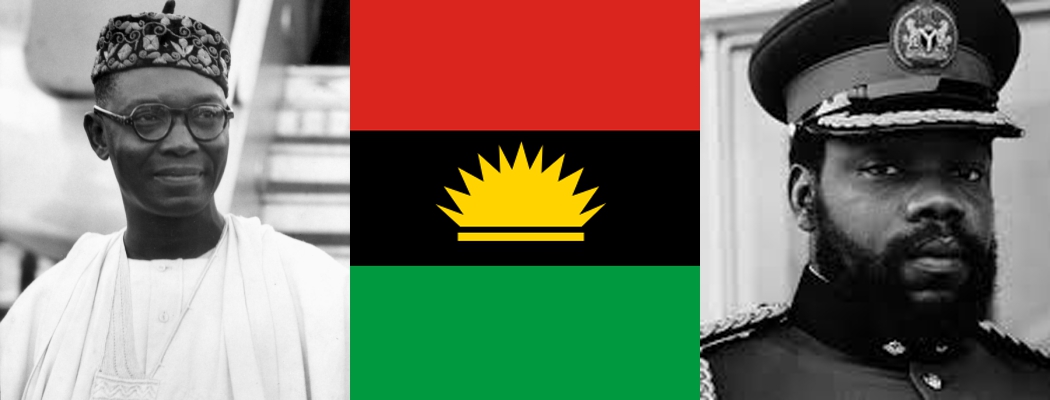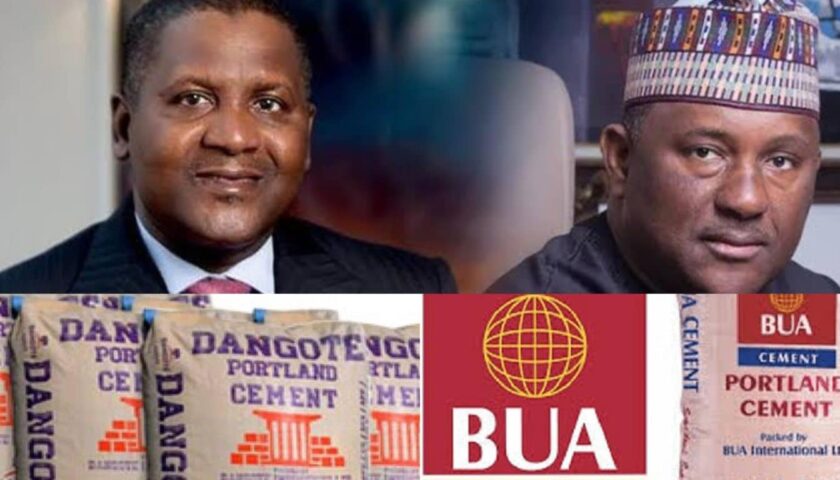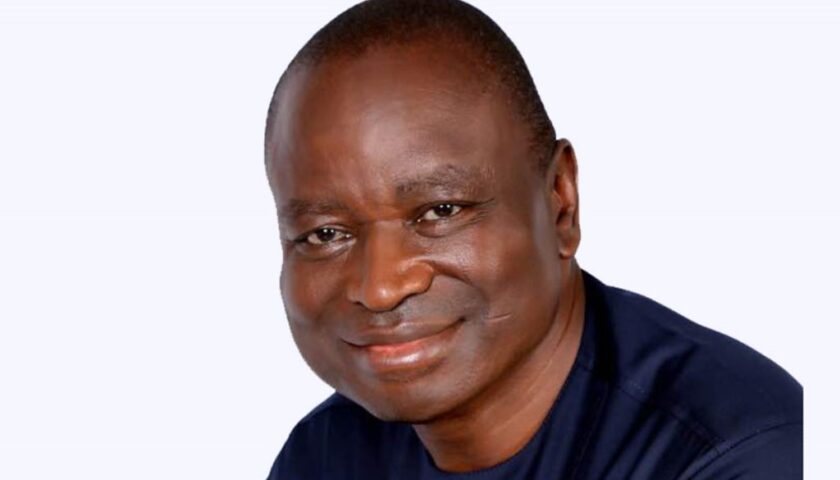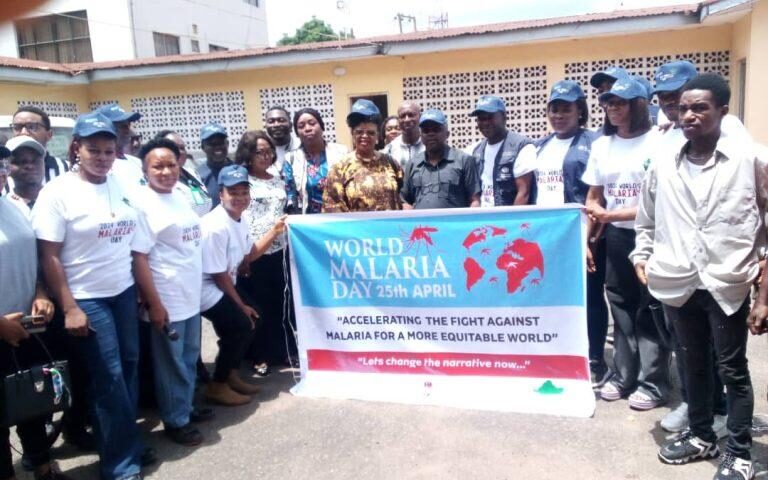Late Dr. Nnamdi Azikiwe (left) and Late Chukwuemeka Odumegwu Okukwu
By Odumegwu Ojukwu
“How does a son begin to assess, for posterity, the virtues or otherwise of his own father? In asking me my opinion about Dr. Nnamdi Azikiwe, the Owelle of Onitsha, you have, as it were, put me in a very tight spot – nothing I say can pass the test of objectivity. Here is a man, I have known all my life; a man I was brought up to give even more respect than to my father; a man who looms a giant in every respect within my childhood memory.
He was the indefatigable fighter for freedom and equality. To all intents and purposes, Zik inserted the word ‘politics’ into my life’s dictionary. I respected, I worshipped, I considered him a hero, and saw him as a living legend.
At independence, he cut a rather tragic figure. He was to me the symbol of a Nigeria that might have been but was not. He became the one Nigerian alongside whom every other Nigerian achievement, every other success, paled in comparison. He became Governor-General, the Queen’s official representative. He later became President – a ceremonial executive. Throughout the First Republic, it slowly permeated the perception of the masses that his position in terms of power was empty.
He could not dissociate himself from the inequities of the First Republic. He could not intervene to halt the inequities, and from time to time we saw him justifying and rationalising actions we were sure conflicted with his better judgement. With bitterness, we began to learn that Zik, whom the British colonial administration could never incarcerate, had willingly constituted himself a prisoner of what appeared to us as northern interests. With many others, I began to feel let down. During the war, which to a certain extent was a war to free him, he rallied to the Biafran side but later switched his support when it appeared the Biafran resistance would fail.
Deriving from this act, many have questioned his commitment to the Igbos. Many have recalled that he is of Onitsha extraction and that Onitsha has with great pride claimed and continued to claim a non-Igbo lineage. The foregoing couple with the fact that the Igbos appear today to be marginalised and lacking in any appreciable influence within the power structure of Nigeria invariably has made the leadership of the Igbos by Zik a subject of a vast amount of discussion. In my own candid opinion, Zik did not set out to lead the Igbo and has not in fact led the Igbos. He has been first and foremost a Nigerian who aspired to a Nigerian leadership. When the British withdrew in 1960, Nigeria was left in the hands of three great men. Of the three, Zik could be said to have been the dreamer whilst the others were hardheaded realists. Zik believed, worked for, and made sacrifices for a Nigeria that had not yet come into existence – the ideal Nigeria.
Those who followed him worked for this ideal. It is only natural that finding this ideal increasingly unattainable, they found themselves deflated and deprived vis a vis the realists, who from the beginning, ensured for their groups a share of whatever was going.
I have no quarrel with Zik, I cannot quarrel with Zik. I am rather too small for that. In Igbo culture and tradition, a son cannot quarrel with his father. Zik is my father. I grew up on his lap. My father considered him his friend and testified to this fact at the Foster-Sutton tribunal. It is true that he and I have not agreed on many issues. This is more due to the generation gap than to anything else.
Our ambitions are different – where he would appear to wish to lead Igbos, I would be content to serve them. In Igbo language, we say that one does not choose ones relatives, but friends. As a father, I love and respect him. As a politician, I disagree with his policies, which I believe, to a large extent, have left the Igbos naked.”
Source: “Because I am Involved” 1981 by Chukwuemeka Odumegwu Ojukwu.





